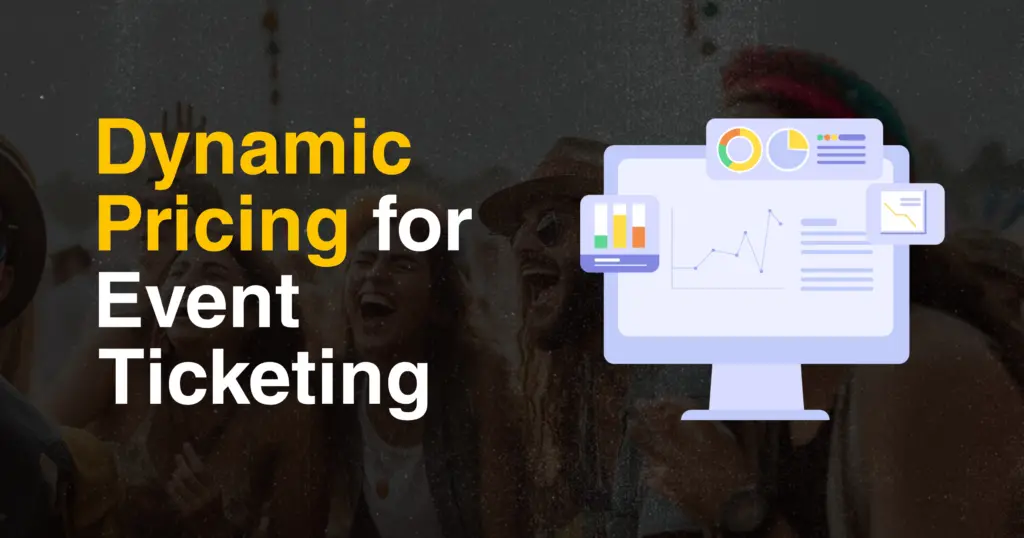
In the competitive world of event management, dynamic pricing is a powerful strategy that can significantly increase revenue and optimize attendance. By adjusting ticket prices in response to demand, event size, and other key factors, producers/organizers can create a pricing strategy that appeals to a broad audience while maximizing profit margins. Luna Ticketing offers sophisticated tools that make implementing dynamic pricing straightforward and effective. This guide will walk you through the steps to setting dynamic pricing for your event tickets, using Luna Ticketing’s comprehensive features.
Dynamic pricing, also known as demand pricing or surge pricing, involves adjusting prices for services or products in real-time based on demand. For event ticketing, this means altering ticket prices as sales progress and the event date approaches. The goal is to balance supply and demand, encouraging early purchases while maximizing revenue from last-minute sales.
Dynamic pricing offers several advantages:
Begin by analyzing data from previous events. Look for patterns in when tickets were purchased, how pricing affected sales, and attendee feedback on ticket prices. Luna Ticketing’s analytics tools can help you identify these trends and make informed decisions.
Understand your target audience’s price sensitivity and purchasing patterns. Segment them into categories such as early birds, average buyers, and last-minute purchasers. Each segment may respond differently to pricing changes, allowing you to tailor your strategy accordingly.
Determine your minimum and maximum ticket prices based on historical data, event costs, and profit goals. Set a realistic base price that covers costs and attracts initial buyers, and decide how high prices can go as the event date nears.
Set triggers for price changes based on specific criteria such as time until the event, number of tickets sold, or reaching certain sales milestones. Luna Ticketing allows you to automate these triggers, ensuring prices adjust based on your predefined rules without manual intervention.
Dynamic pricing requires continuous monitoring to ensure strategies are effective. Use Luna Ticketing’s real-time data dashboard to track sales and adjust pricing strategies as needed. This agility can help you react to unexpected changes in demand or other market conditions.
Transparency with your pricing strategy can help maintain trust with your audience. Clearly explain the benefits of early purchases and how prices might change. This communication can help manage expectations and reduce potential dissatisfaction with price increases.
Dynamic pricing is an essential tool for modern event management, offering flexibility to adapt to changing market conditions and maximizing revenue potential. With Luna Ticketing, you have access to powerful tools that simplify the implementation of dynamic pricing strategies, ensuring your event is not only successful but also profitable. By understanding your audience, leveraging real data, and communicating clearly, you can effectively use dynamic pricing to enhance your event’s success.
Contact the Luna Ticketing Client Support team to learn more about our dynamic pricing capabilities and how we can help elevate your next event.